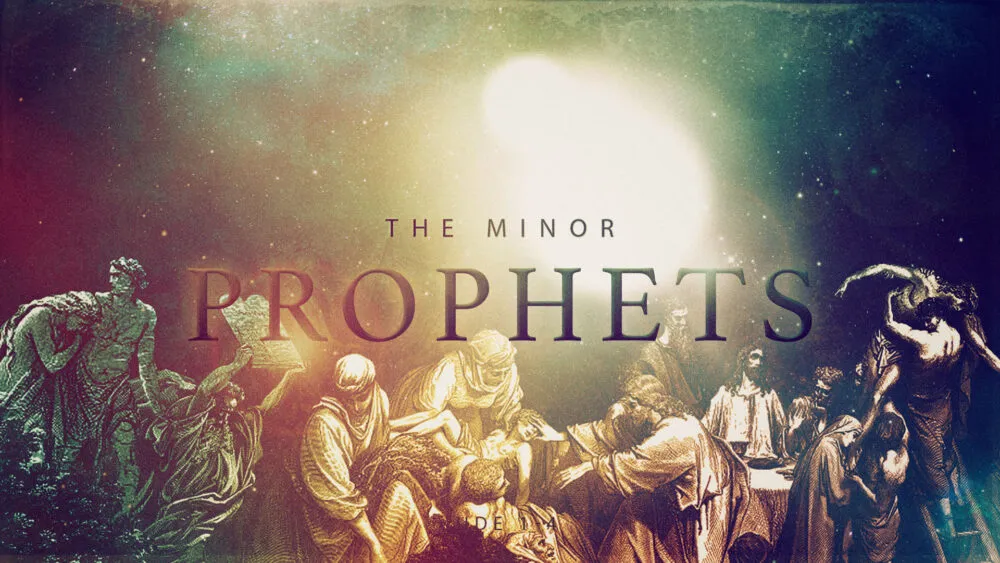Introduction
The 12 Minor Prophets, from Hosea to Malachi, delivered God’s messages of judgment and hope. Though brief, their prophecies remain powerful and relevant.
Who Are the 12 Minor Prophets?
The Bible contains a wealth of prophecy, and among the prophetic books, the twelve Minor Prophets hold a special place. These books, spanning from Hosea to Malachi, are called “minor” not because they are less significant, but because they are shorter in length compared to the “Major Prophets” like Isaiah and Jeremiah. Each prophet delivered unique messages from God, often warning of judgment while also offering hope of restoration.
“And he said, Hear now my words: If there be a prophet among you, I the LORD will make myself known unto him in a vision, and will speak unto him in a dream.“
Numbers 12:6
The twelve Minor Prophets, in order as they appear in the Bible, are:
- Hosea
- Joel
- Amos
- Obadiah
- Jonah
- Micah
- Nahum
- Habakkuk
- Zephaniah
- Haggai
- Zechariah
- Malachi
Now, let’s explore each of these prophets and their key messages.
1. Hosea: The Minor Prophet of Unfailing Love
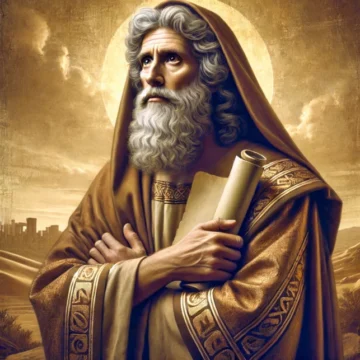
Hosea’s life mirrored God’s relationship with Israel. He was commanded to marry an unfaithful woman, symbolizing Israel’s spiritual adultery. His book highlights God’s enduring love and call for repentance. Key Verse: Hosea 14:4 – “I will heal their waywardness and love them freely, for my anger has turned away from them.” Relevance Today: Just as God remained faithful to Israel, He remains faithful to us despite our shortcomings, calling us to repentance and restoration.
2. Joel: The Minor Prophet of the Day of the Lord
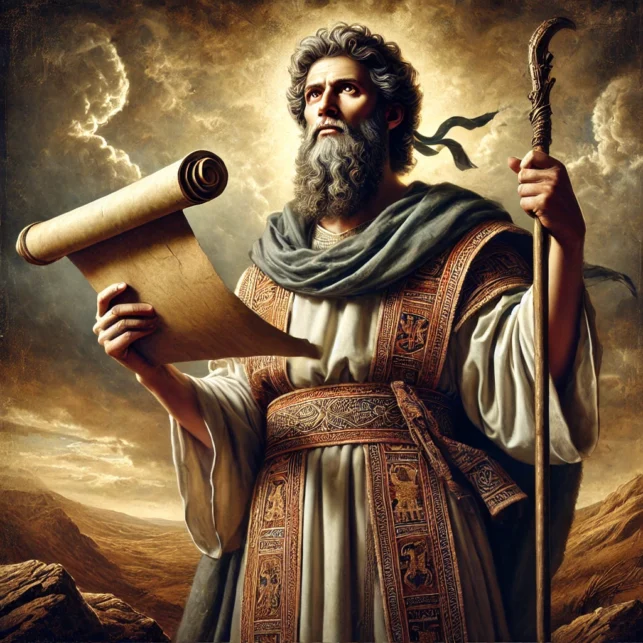
Joel warned of coming judgment through a locust plague but also spoke of a future outpouring of the Holy Spirit, fulfilled in Acts 2. Key Verse: Joel 2:28 – “And afterward, I will pour out my Spirit on all people.” Relevance Today: The prophecy of the Holy Spirit’s outpouring reminds us of God’s continued work through believers today
3. Amos: The Minor Prophet of Justice
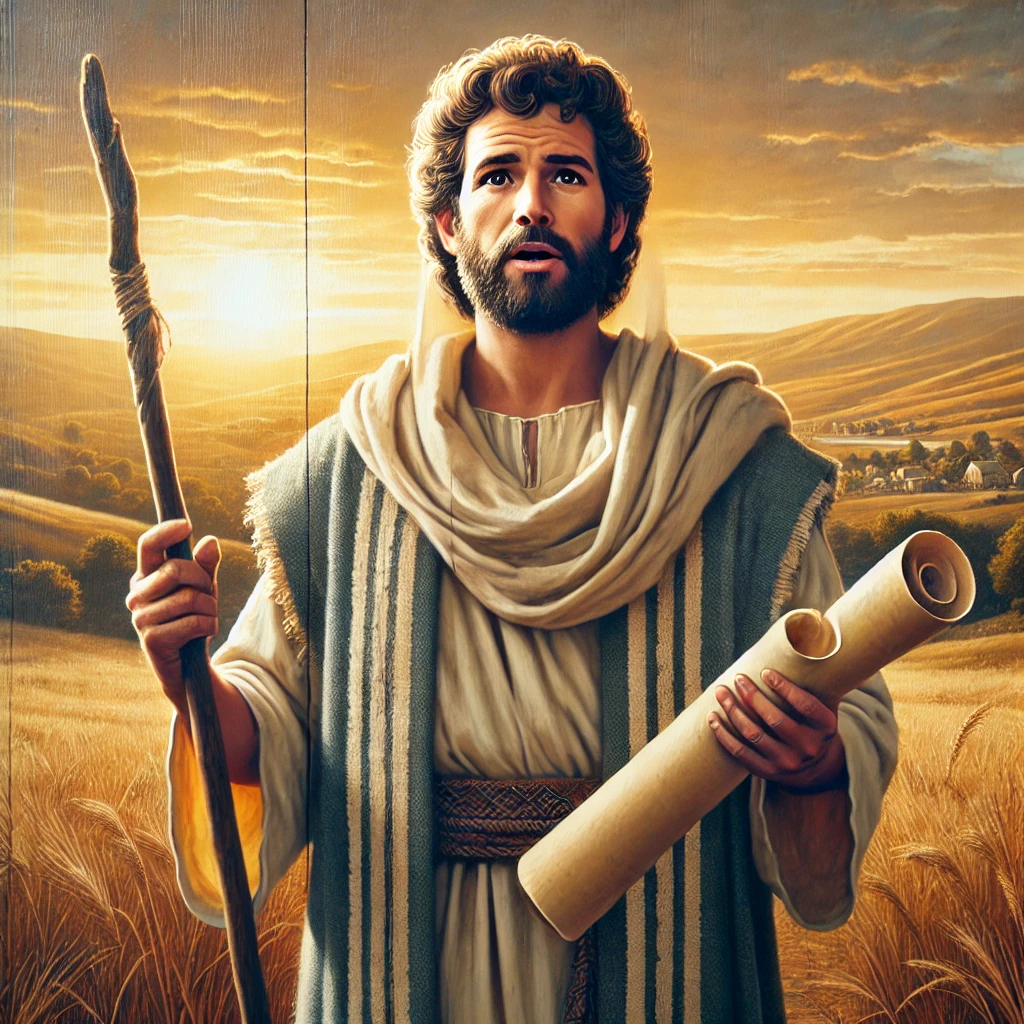
Amos condemned social injustice, warning Israel that their oppression of the poor would lead to divine judgment. His book is a call to righteousness. Key Verse: Amos 5:24 – “But let justice roll on like a river, righteousness like a never-failing stream!” Relevance Today: Amos’ call for justice is highly relevant in today’s world, urging us to fight oppression and uphold righteousness.
4. Obadiah: The Minor Prophet of Edom’s Doom
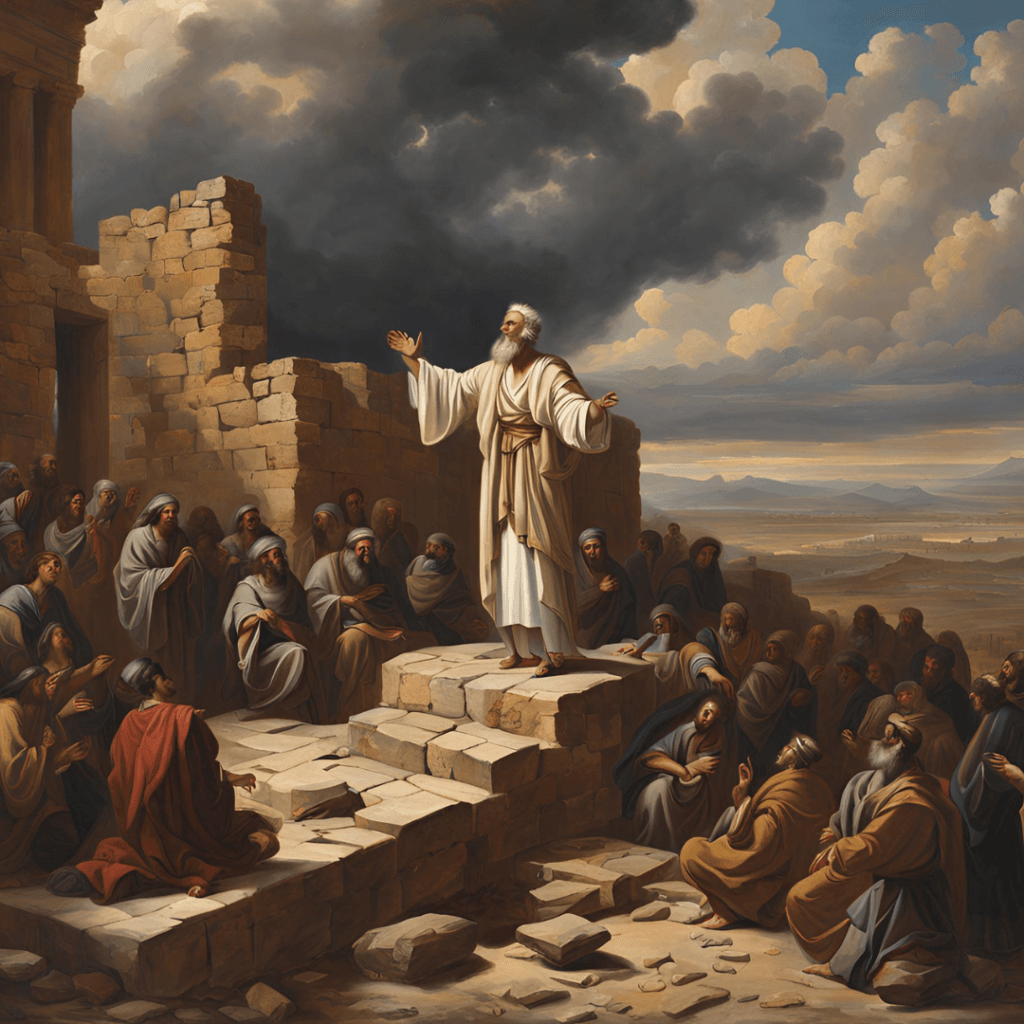
Obadiah’s short book focuses on Edom’s destruction due to its pride and mistreatment of Israel, emphasizing God’s justice. Key Verse: Obadiah 1:4 – “Though you soar like the eagle and make your nest among the stars, from there I will bring you down.” Relevance Today: This reminds us that pride and injustice lead to downfall, and we must seek humility before God.
5. Jonah: The Reluctant Minor Prophet
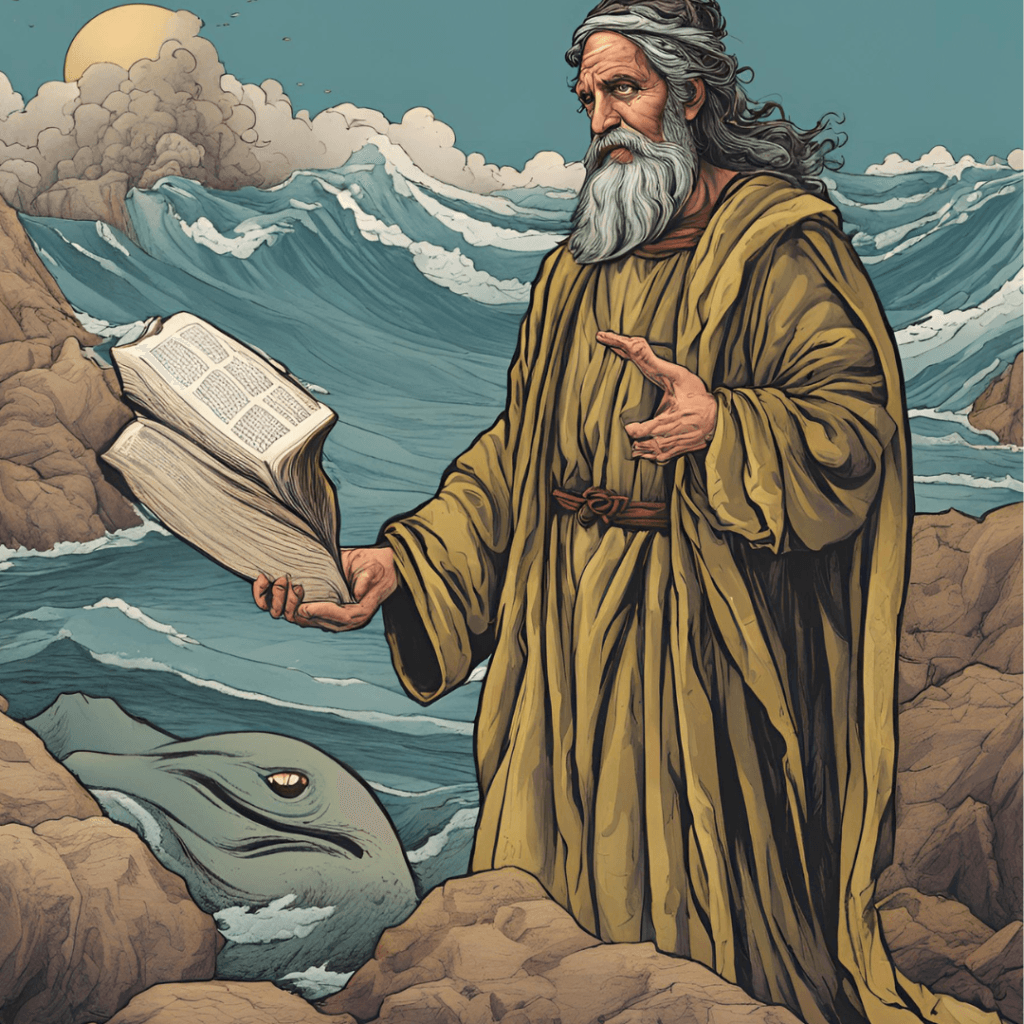
Jonah is unique as it records a prophet’s personal struggle. Swallowed by a great fish, he ultimately delivers a message of repentance to Nineveh, showing God’s mercy even to Gentile nations. Key Verse: Jonah 3:10 – “When God saw what they did and how they turned from their evil ways, he relented.” Relevance Today: Jonah’s story reminds us that God’s mercy extends to all, and He desires repentance rather than destruction.
6. Micah: The Minor Prophet of the Messiah
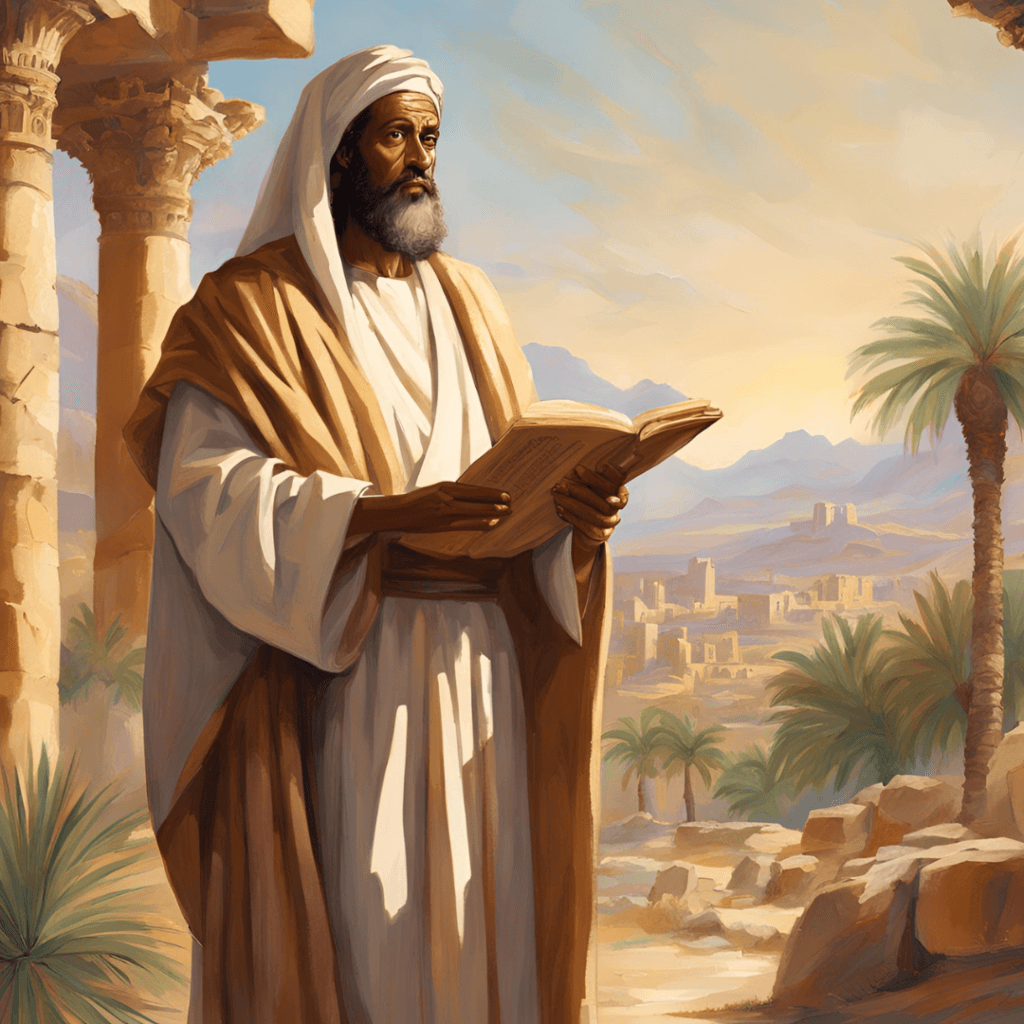
Micah foretells the birthplace of the Messiah (Bethlehem) and calls for true worship, emphasizing justice, mercy, and humility. Key Verse: Micah 6:8 – “He has shown you, O mortal, what is good.” Relevance Today: Micah’s message is a powerful reminder of how we should live with justice, mercy, and humility before God.
7. Nahum: The Minor Prophet of Nineveh’s Fall
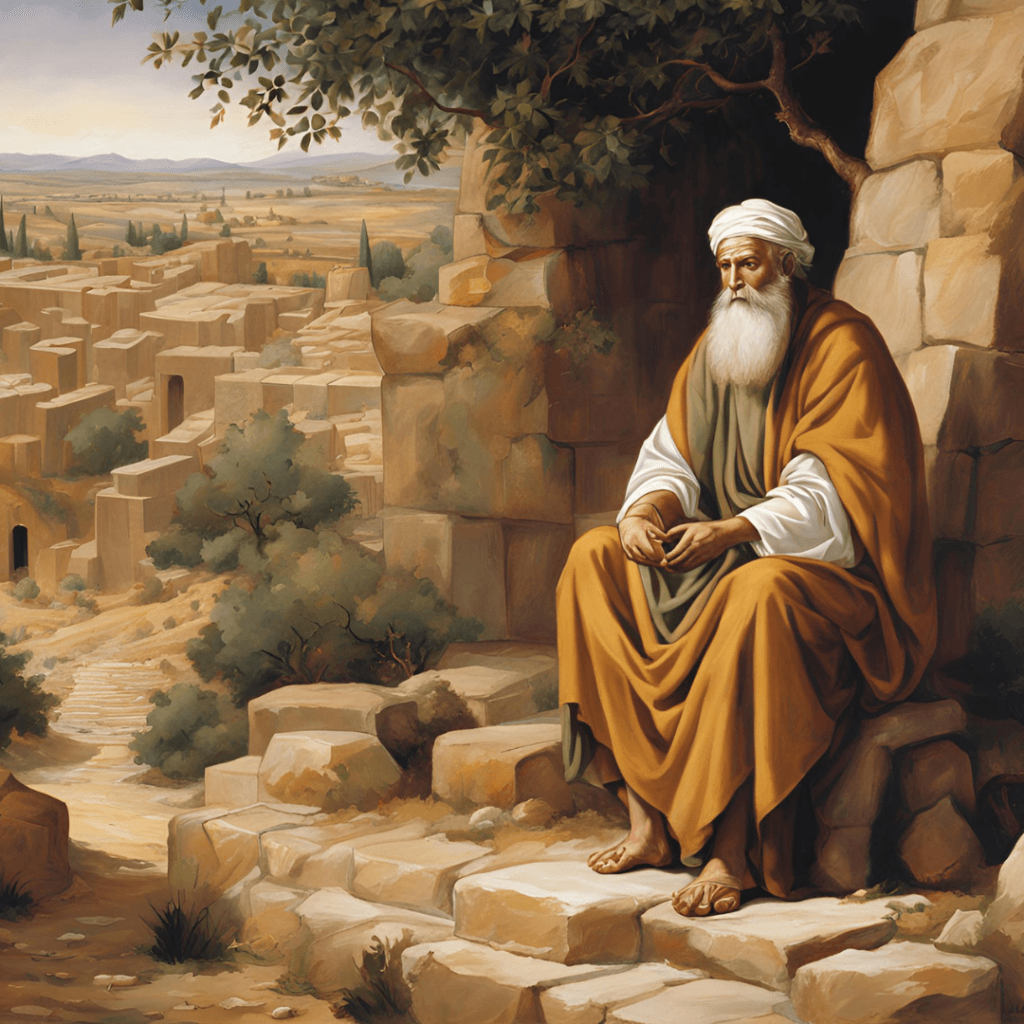
Nahum delivers a prophecy against Nineveh, predicting its destruction as divine retribution for its sins. Key Verse: Nahum 1:7 – “The Lord is good, a refuge in times of trouble.” Relevance Today: Even in judgment, God remains a refuge for those who trust in Him.
8. Habakkuk: The Questioning Minor Prophet
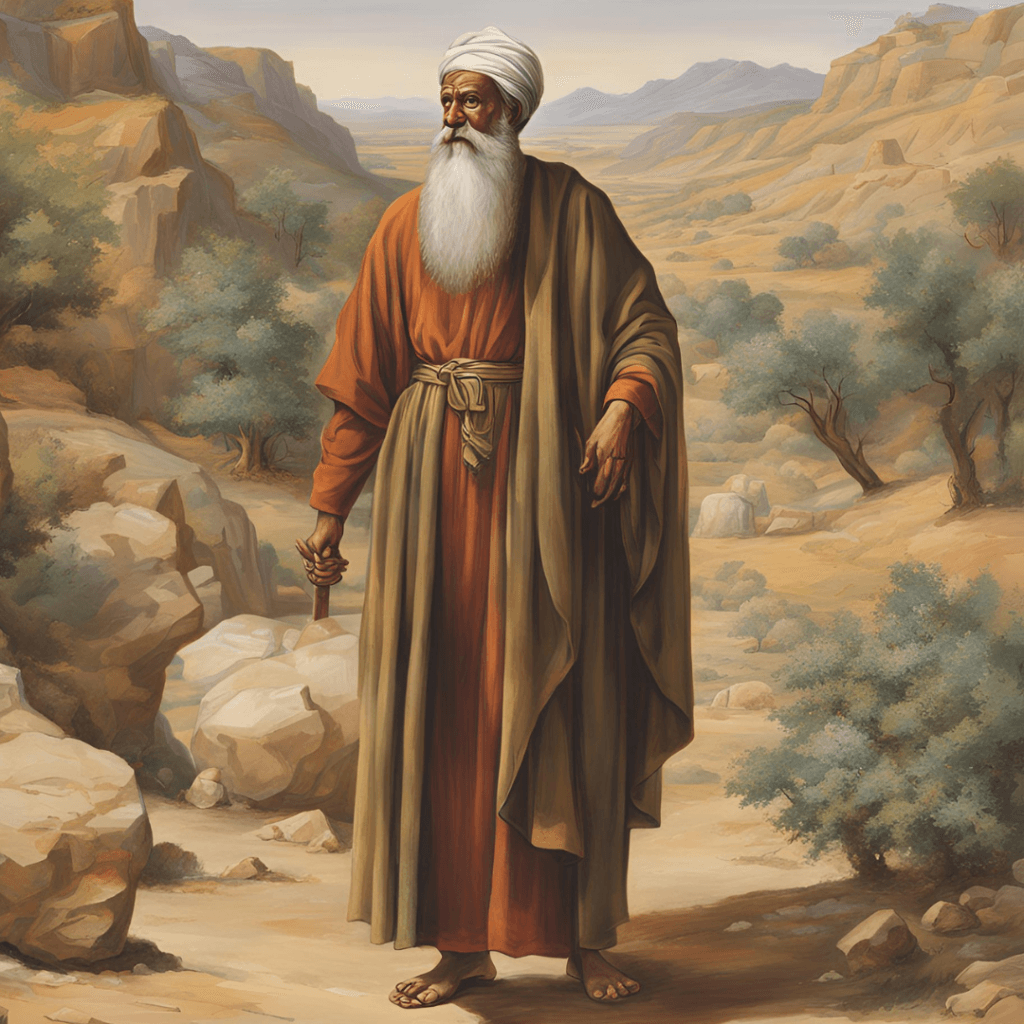
Habakkuk questions why God allows evil to prosper, but ultimately trusts in His divine plan, famously declaring, “The righteous will live by faith.” Key Verse: Habakkuk 2:4 – “The righteous person will live by his faithfulness.” Relevance Today: When we struggle to understand suffering, Habakkuk teaches us to trust in God’s perfect timing.
9. Zephaniah: The Minor Prophet of the Remnant
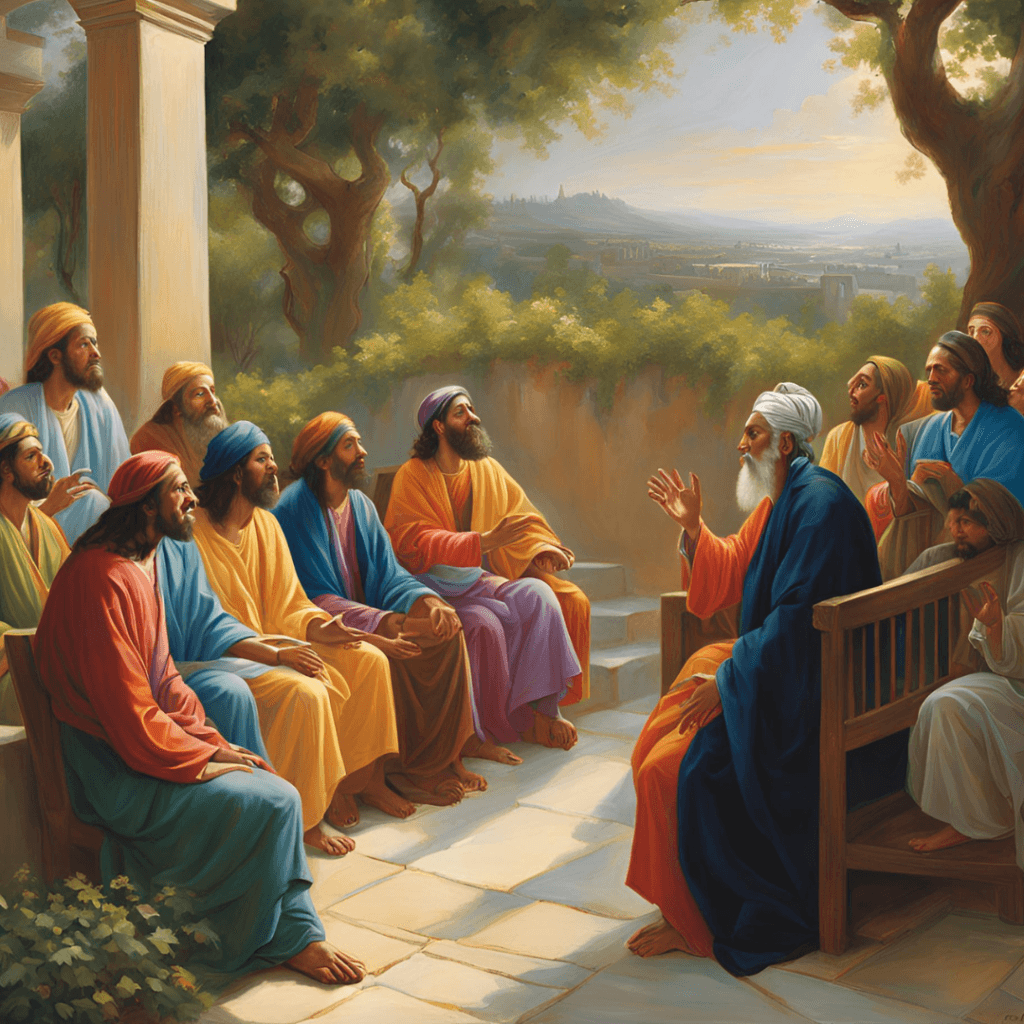
Zephaniah warns of coming judgment but assures that a faithful remnant will be preserved. Key Verse: Zephaniah 3:17 – “The Lord your God is with you, the Mighty Warrior who saves.” Relevance Today: Even in troubled times, God preserves and strengthens His faithful followers.
10. Haggai: The Prophet of Rebuilding
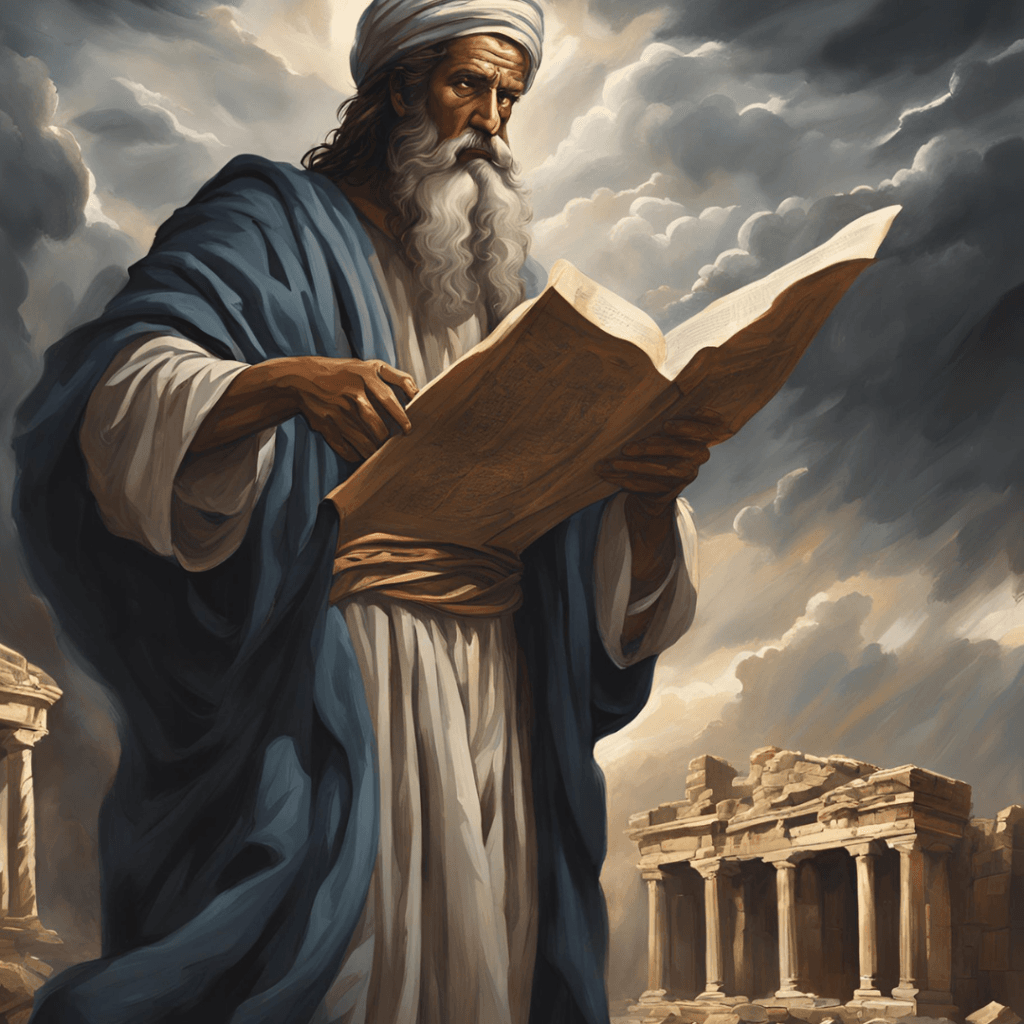
Haggai urges the Israelites to rebuild the temple, prioritizing God’s work over their personal comfort. Key Verse: Haggai 1:4 – “Is it a time for you yourselves to be living in your panelled houses, while this house remains a ruin?” Relevance Today: A call to prioritize God’s kingdom over personal gain.
11. Zechariah: The Minor Prophet of Visions
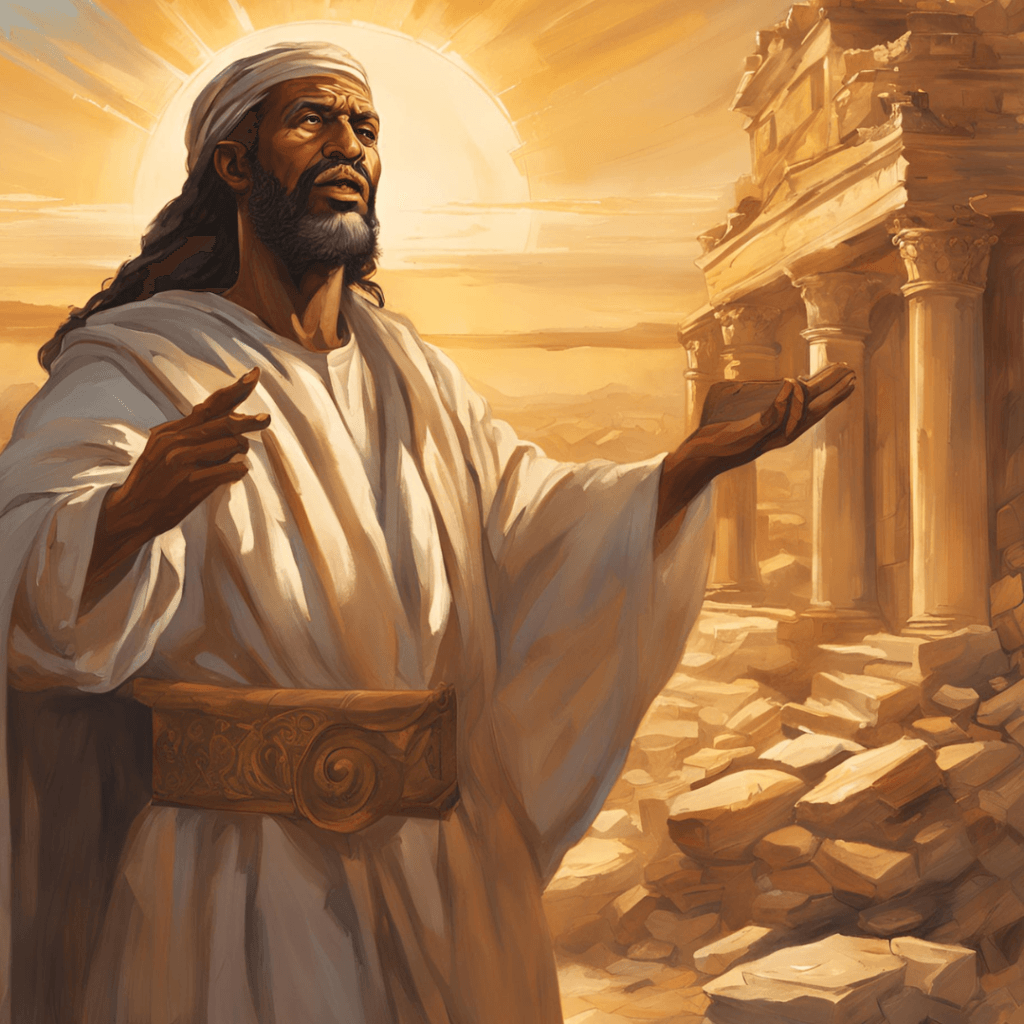
Zechariah contains rich messianic prophecies, including references to Christ’s triumphal entry and His second coming. Key Verse: Zechariah 9:9 – “See, your king comes to you, righteous and victorious, lowly and riding on a donkey.” Relevance Today: Zechariah’s visions reassure us that Christ will return as King.
12. Malachi: The Final Voice
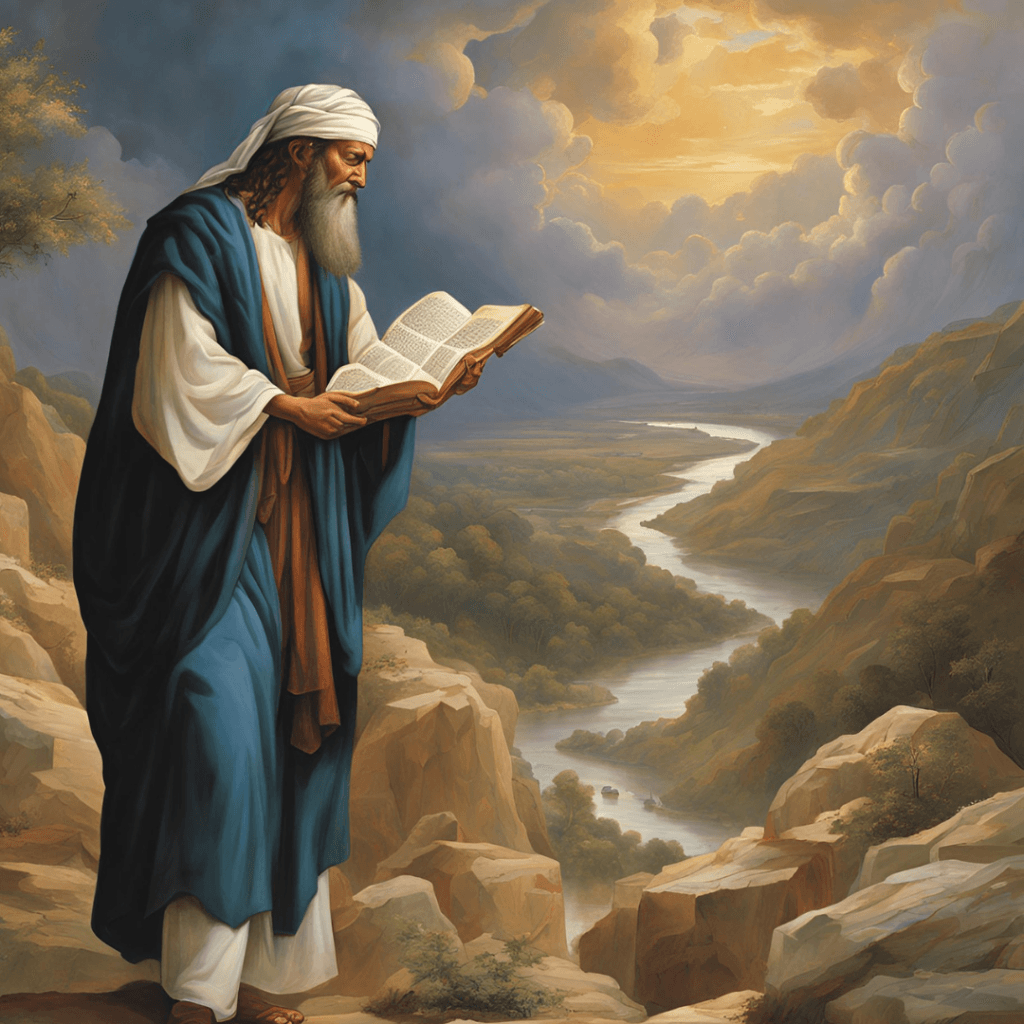
Malachi confronts Israel’s spiritual apathy and prophesies the coming of John the Baptist, preparing the way for Jesus. Key Verse: Malachi 3:1 – “I will send my messenger, who will prepare the way before me.” Relevance Today: Malachi challenges us to remain faithful and prepared for Christ’s return.
Conclusion
The Minor Prophets may be short in length, but their messages are profound and timeless. They call for repentance, warn of judgment, and ultimately point to the coming of Christ. Their relevance continues today as they remind believers to remain faithful to God’s Word. If you have any questions you can contact me here
FAQs
1. Why are they called Minor Prophets?
They are called “minor” due to the shorter length of their books, not because they are less important.
2. Which Minor Prophet talks about Jesus?
Zechariah contains several messianic prophecies, including references to Jesus’ entry into Jerusalem (Zechariah 9:9).
3. Did the Minor Prophets all live at the same time?
No, they lived over a span of several centuries, from roughly the 8th to 5th century BC.
4. Which prophet was swallowed by a great fish?
Jonah was swallowed by a great fish (often called a whale) and spent three days inside it before being released.
5. What is the main lesson from the Minor Prophets?
The primary themes are repentance, justice, and God’s faithfulness. They highlight both divine judgement and the hope of redemption.
